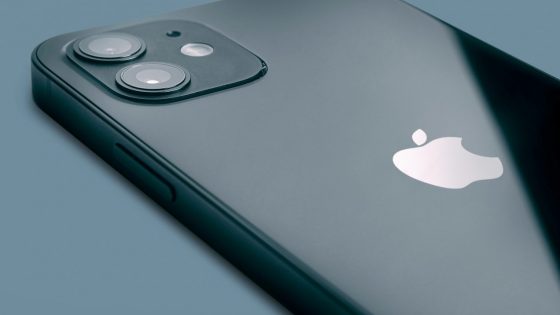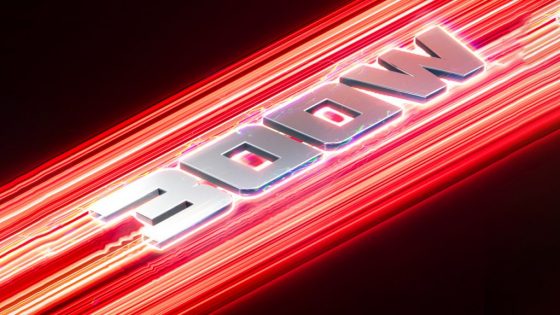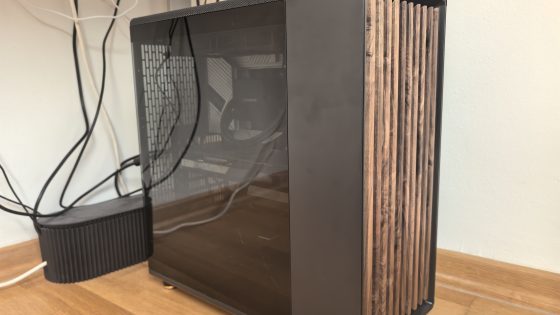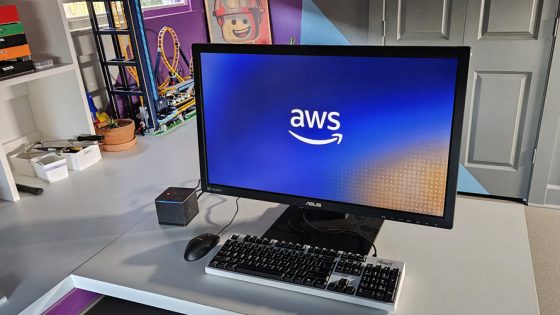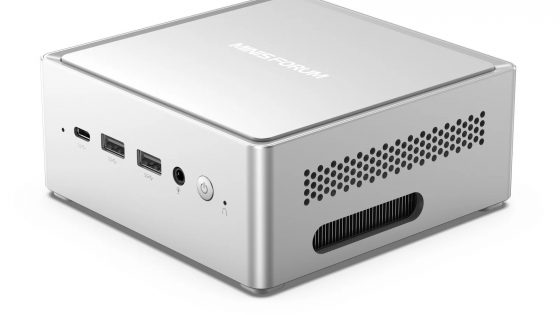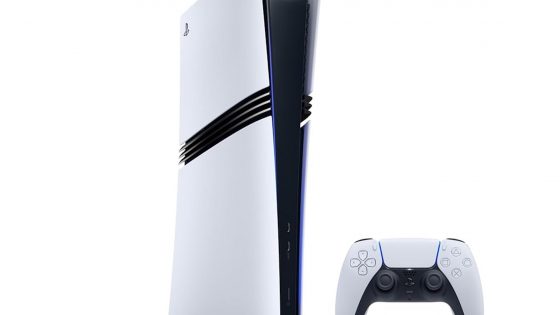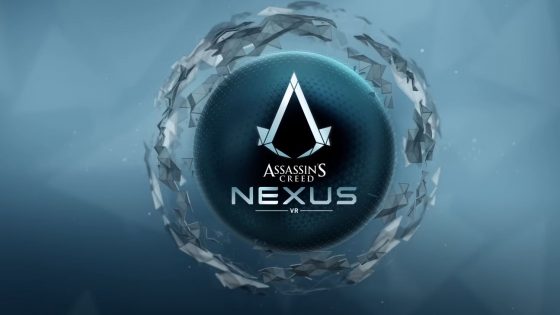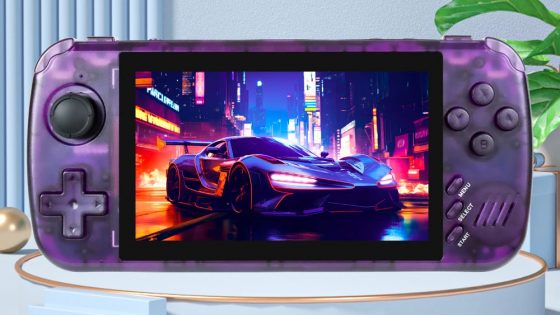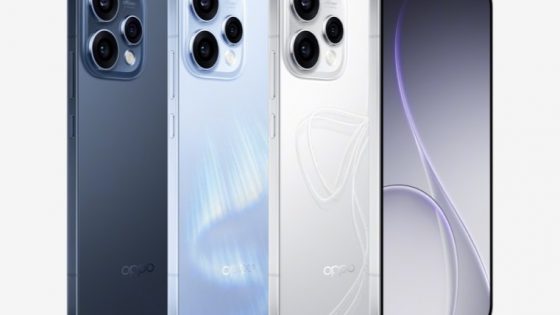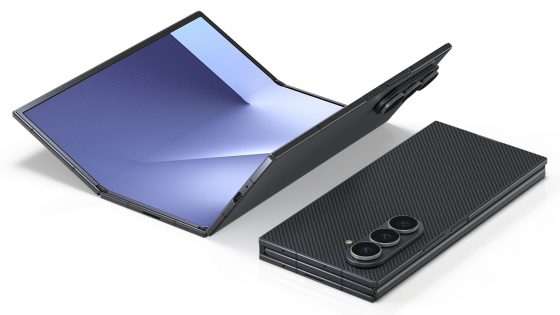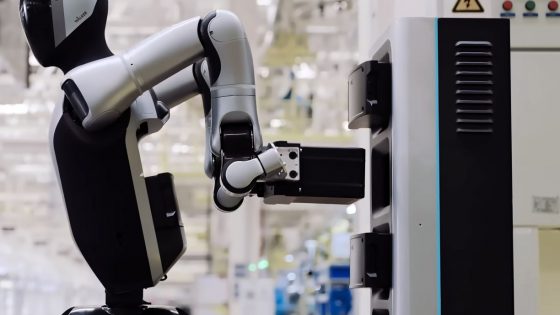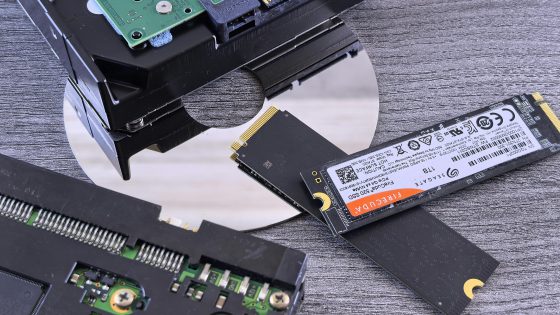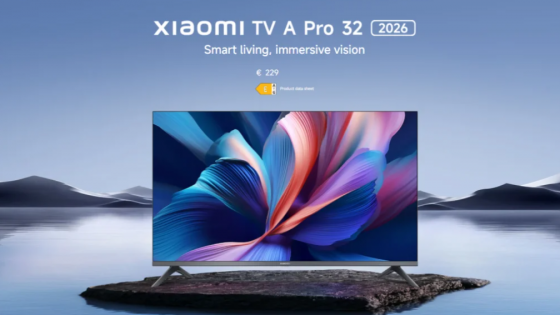The next Intel laptops will again have separate RAM
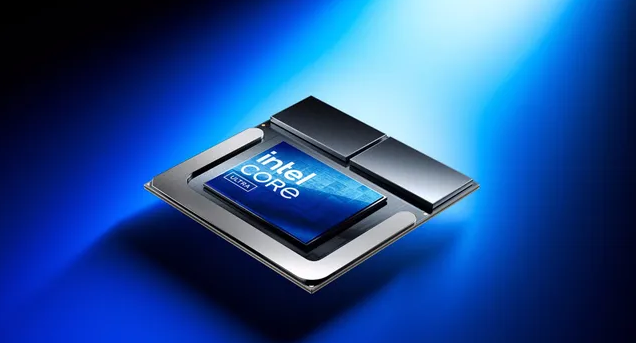
This fall, Intel has diversified with notebook computers that are equipped with a chip with soldered working memory (RAM). The completely new design surprised many, apparently including the manufacturer himself. CEO Pat Gelsinger admitted that this bold move was a huge financial mistake and that they will not repeat it in the future. He also hinted at the possible end of the production of graphics cards for desktop computers.
Future generations of Intel chips, including Panther Lake and Nova Lake, will not have built-in memory. "It's not a good way to run a company, so Lunar Lake is really a one-off for us," Gelsinger said at Intel's Q3 2024 earnings call. Gelsinger emphasized that from now on, chips and memory will be made the traditional way, with separate memory .
If you remember, when the chips were released, Intel praised the new design, which could improve the performance of laptops by 40 %. Considering how important laptop life is, it's a bit surprising that Intel would so quickly abandon its idea and go back to its old ways. If they don't want Qualcomm to overtake them, they will have to pay more attention to battery autonomy anyway.
Gelsinger says Lunar Lake was meant to be an experiment, not an architecture that would put them back on top of the industry. "Lunar Lake was initially designed as a niche product, with which we wanted to achieve the highest performance and long battery life, but then computers got artificial intelligence and the demand for them increased. This is how AI PC made this niche product mass-produced.”
Lunar Lake relies too much on external partners to supply memory and semiconductors, so manufacturing costs are also higher than previous generations. Although they didn't sell massive amounts of chips, Lunar Lake is still an important part of Intel's portfolio now.
At the meeting, Gelsinger also hinted that the story of desktop graphics cards could end prematurely. The entire company is currently striving to optimize its operations. Graphics cards that did not bring the desired success could be among the first in the dock. They were not mega-hits, but they found their (admittedly niche) place in the low-cost class. Intel Battlemage cards, which are expected in early 2025, perform much better than the first generation. We hope that they will live to see their outcome or that Intel will not discontinue them before then.









